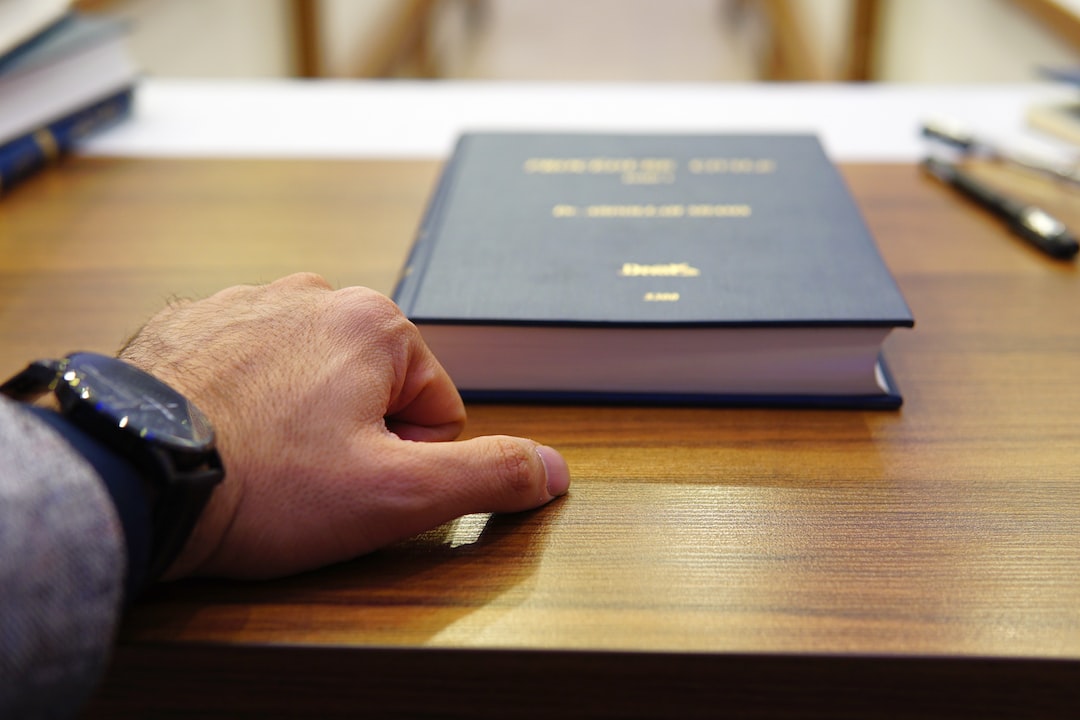Being arrested can be a terrifying experience, and it’s crucial to know and understand your legal rights in such a situation. The following is a guide on what to do if you find yourself in this unfortunate scenario.
1. Remain calm
The first step is to try to stay calm and collected. Getting arrested can naturally invoke feelings of fear and anxiety, but it is essential to compose yourself, as panicking can lead to making hasty decisions or saying things that could harm your case later on.
2. Invoke your right to remain silent
One of your most vital rights when arrested is the right to remain silent. You are not obligated to answer any questions asked by the police or any authorities. Anything you say can be used against you in a court of law, so it’s better to stay silent until you have proper legal representation.
3. Request an attorney
Once you invoke your right to remain silent, you should also request an attorney. You have the right to legal representation, and it is highly recommended to exercise this right as soon as possible. Do not provide any statements or sign any documents before consulting with an attorney.
4. Do not consent to any searches
The police may ask for your consent to search your belongings, vehicle, or even your home. In most cases, it is best to refuse these searches unless they have a warrant allowing them to do so. Consent searches can sometimes lead to uncovering evidence against you, so it’s better to defer to a properly issued search warrant.
5. Understand your Miranda rights
You have probably heard about “Miranda rights” in movies or on TV. These are the rights to remain silent and request an attorney that you should be informed of when arrested. However, if the authorities fail to read you your Miranda rights, it doesn’t automatically invalidate your arrest or any charges against you. The Miranda warning only applies if you are being interrogated while in custody.
6. Document everything
Keeping a thorough record of the events surrounding your arrest is essential. Take note of the time, date, and location, as well as the names and badge numbers of the arresting officers. If there were any witnesses, collect their contact information as well. Such documentation could prove crucial later on, during your defense.
7. Be cautious of your behavior
While being arrested, it’s important to avoid engaging in any behavior that could be seen as aggressive or hostile toward the authorities. Resisting arrest or behaving in an inappropriate manner can lead to additional charges or legal complications. Be compliant, but firm in asserting your rights.
8. Post bail or request a hearing
After your arrest, you may be eligible to post bail. Bail is an amount of money paid to the court to secure your release until the trial. If the bail amount is too high, you may request a bail hearing where a judge can determine whether the amount can be reduced.
9. Gather evidence for your defense
Work closely with your attorney to collect evidence that can support your defense. This may include witness statements, footage from security cameras, or any other relevant documentation. The more evidence you gather, the stronger your defense can be.
10. Attend all court dates and follow legal advice
Lastly, ensure that you attend all scheduled court appearances and follow the advice of your attorney. Failing to appear in court can result in a warrant being issued for your arrest. Stay in close communication with your legal counsel and trust their guidance throughout the legal process.
Remember, being arrested doesn’t mean you are guilty of a crime. By knowing your legal rights and seeking appropriate legal assistance, you can navigate the criminal justice system more effectively and work towards a fair resolution of your case.

